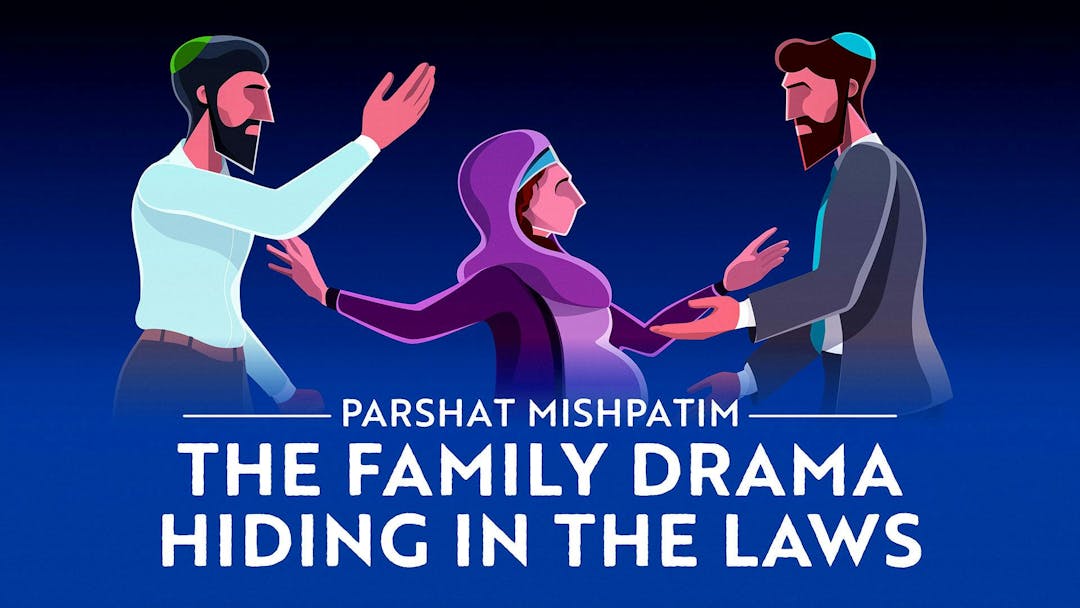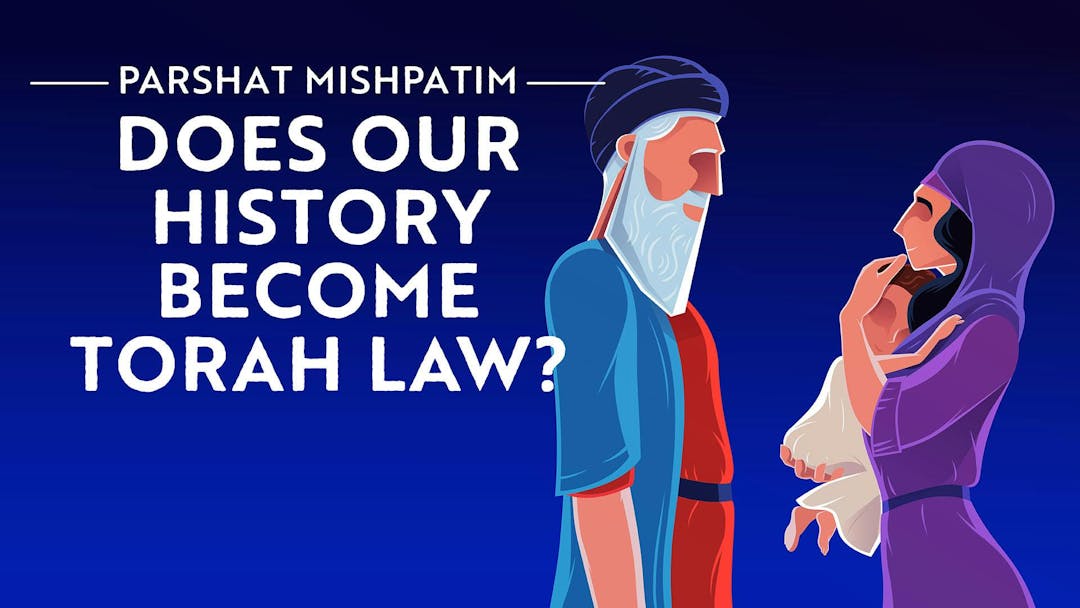Start your free trial today to unlock the full library and enjoy unlimited and uninterrupted access.
Get StartedFemale Servitude...Wait, What?
Why Does the Torah Contain Laws That Seem to Promote Slavery?
In this week's parsha, we read about the laws of the female slave. Is the Bible actually condoning parents who sell their daughter into slavery?? How are we, as 21st-century students of the Torah, meant to understand this? More importantly, how are we meant to apply what the Bible teaches us about female slavery?
In this video, Rabbi Fohrman shows us that the laws of female slavery may not be as they appear. Female servitude may actually help to address social and economic inequality. Far from barbaric, female servitude may be one of the Torah's means for creating a fairer society and a better world.
Watch more on slavery in the Torah:
Want to watch the full video for free?
Enter your email and we’ll send you a link to watch the full series free.
What is Aleph Beta?
Aleph Beta is a unique kind of Torah library. Led by our founder, Rabbi David Fohrman, we are dedicated to high-level, textual Torah learning for adults that is intellectually and spiritually sophisticated, that enlivens your Jewish practice and helps you forge a deeper connection to God. Whether you’ve been learning in yeshiva for years or you’re just beginning your Torah journey, you’re sure to find something meaningful and surprising waiting for you here.
Browse our library of over 1,000 beautifully produced animated videos, podcasts, deep dive courses, and printable guides. Topics include the weekly parsha, Jewish holidays & fast days, laws & mitzvot, prayers, relationships, big philosophical ideas and more. Have something to say at the Shabbos table that will amaze your family and guests and bring deep meaning into their lives.











